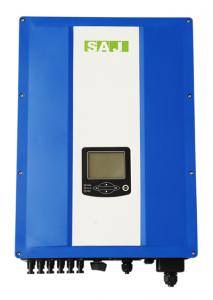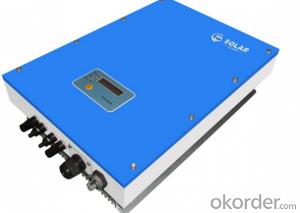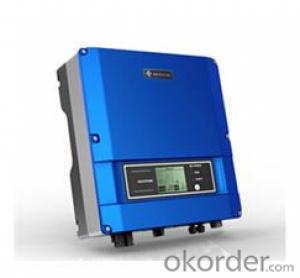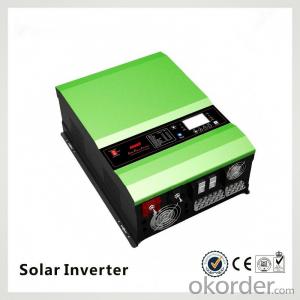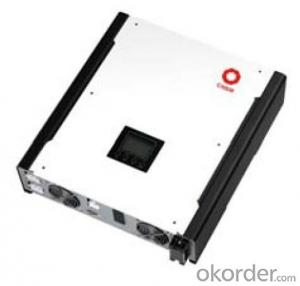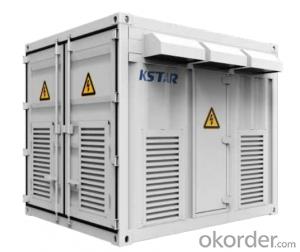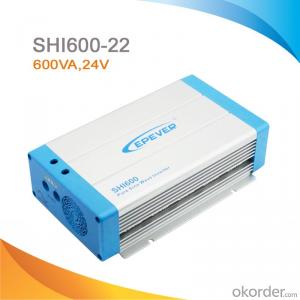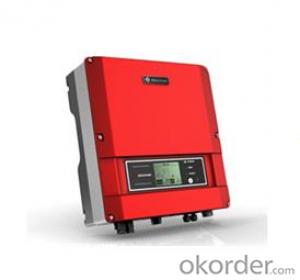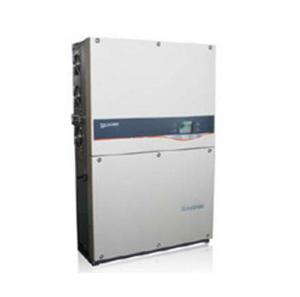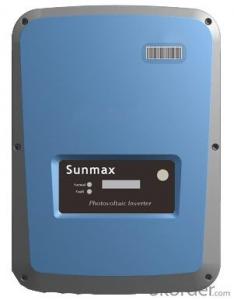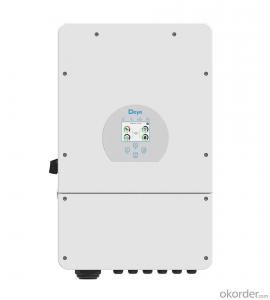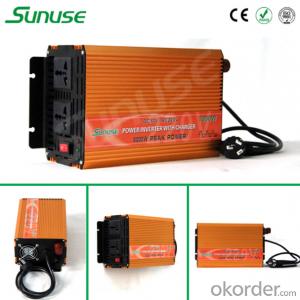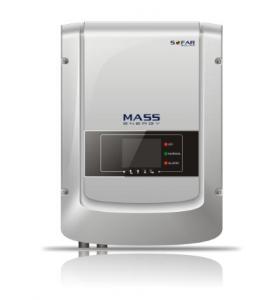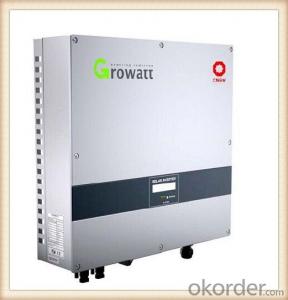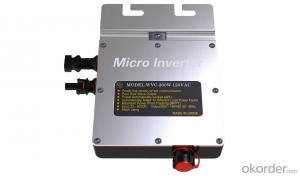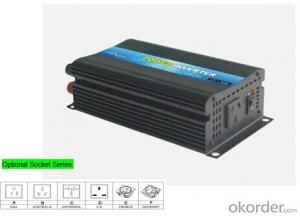All Categories
- - Steel Wire Rod
- - Steel Coils
- - Steel Profiles
- - Steel Pipes
- - Stainless Steel
- - Tinplate
- - Special Steel
- - Steel Sheets
- - Steel Rebars
- - Steel Strips
- - Hot Rolled Steel
- - Cold Rolled Steel
- - Pre-painted Steel
- - Seamless Steel Pipe
- - Welded Steel Pipe
- - Hollow Steel Tubes
- - Galvanized Pipe
- - Stainless Steel Coil
- - Stainless Steel Sheet
- - Stainless Steel Plate
- - Stainless Steel Strips
- - Electrolytic Tinplate Coil
- - Electrolytic Tinplate Sheet
- - Stainless Steel Rebars
- - Solar Panels
- - Solar Water Heater
- - Solar Related Products
- - Solar Inverter
- - Solar Cells
- - Solar Light
- - Solar Energy Systems
- - Solar Controllers
- - Solar Mounting System
- - Solar Pump
- - Solar Chargers
- - Fiberglass Chopped Strand
- - Fiberglass Mesh Cloth
- - Composite Pipes
- - FRP Pultrusion Profiles
- - Fiberglass Mat Tissue
- - Fiberglass Fabrics
- - Fiberglass Mesh
- - Composite Tank
- - Fiberglass Mesh tape
- - Polymer
- - FRP Roofing Panel
- - Fiberglass Roving
- - Monolithic Refractories
- - Ceramic Fiber Products
- - Refractory Bricks
- - Raw Materials For Refractory
- - Suspended Platform
- - Cranes
- - Concrete Machinery
- - Earthmoving Machinery
- - Building Hoist
- - Road Building Machinery
- - Plastic Pipe Fittings
- - Plastic Tubes
- - Plastic Sheets
- - Agricultural Plastic Products
- - Plastic Nets
 All Categories
All Categories
Q & A
Can a solar inverter be used with a solar-powered waste management system?
Yes, a solar inverter can be used with a solar-powered waste management system. A solar inverter is responsible for converting the DC power generated by solar panels into AC power that can be used to operate various electrical devices, including waste management systems. By integrating a solar inverter into a solar-powered waste management system, the system can efficiently utilize the solar energy harvested from the sun to power and operate waste management equipment, reducing reliance on grid electricity and promoting sustainability.
What is the role of an MPPT (Maximum Power Point Tracking) inverter?
The role of an MPPT (Maximum Power Point Tracking) inverter is to optimize the output power of a solar panel system by continuously tracking the maximum power point (MPP) of the solar array. It adjusts the voltage and current to match the MPP, ensuring that the solar panels operate at their highest efficiency and deliver the maximum amount of power to the connected load or battery bank. This helps to maximize the overall energy harvest from the solar panels, ultimately improving the system's performance and increasing its energy yield.
What is the role of a ground fault circuit interrupter (GFCI) in a solar inverter?
The role of a ground fault circuit interrupter (GFCI) in a solar inverter is to protect against electrical shock hazards by immediately shutting off the power supply if it detects a ground fault or leakage current. This helps to ensure the safety of individuals and prevent damage to the system caused by faulty wiring or equipment.
What is the difference between a stand-alone inverter and a grid-tied inverter?
A stand-alone inverter is designed to convert DC (direct current) power from a battery or solar panel into AC (alternating current) power for standalone or off-grid applications. It is not connected to the utility grid.
On the other hand, a grid-tied inverter is specifically designed to convert DC power from renewable energy sources, such as solar panels or wind turbines, into AC power that can be fed into the utility grid. It enables the system to generate excess electricity that can be sold back to the grid or used to offset energy consumption.
How does a solar inverter handle low light conditions?
A solar inverter handles low light conditions by continuously monitoring the incoming solar energy and adjusting the voltage and current to optimize power output. It employs sophisticated algorithms to maximize energy harvesting from the available sunlight, ensuring efficient operation even during low light conditions.
Wholesale Solar Inverter from supplier in Malawi
With our Solar Inverters, you can harness the power of the sun and convert it into usable electricity for your homes, businesses, or community projects. Our range of products includes grid-tied inverters, off-grid inverters, and hybrid inverters, ensuring that we can meet the diverse needs of our customers.
As a subsidiary of CNBM, a Fortune Global 500 company, we have access to a vast network of resources and expertise in the renewable energy industry. This enables us to provide top-quality products and excellent sales support to our customers in Malawi.
We understand the unique challenges and requirements of the Malawian market, and our experience in the region allows us to offer valuable insights and recommendations for your solar projects. Whether you are looking to install a small residential system or a large-scale commercial project, we have the knowledge and expertise to assist you every step of the way.
In addition to our comprehensive product range and technical assistance, we also offer competitive pricing and efficient delivery services. We strive to provide our customers with the best value for their investment and ensure that their solar projects are successful and sustainable.
Contact us today to discuss your Solar Inverter needs in Malawi and let us help you harness the power of the sun for a greener and more sustainable future.
As a subsidiary of CNBM, a Fortune Global 500 company, we have access to a vast network of resources and expertise in the renewable energy industry. This enables us to provide top-quality products and excellent sales support to our customers in Malawi.
We understand the unique challenges and requirements of the Malawian market, and our experience in the region allows us to offer valuable insights and recommendations for your solar projects. Whether you are looking to install a small residential system or a large-scale commercial project, we have the knowledge and expertise to assist you every step of the way.
In addition to our comprehensive product range and technical assistance, we also offer competitive pricing and efficient delivery services. We strive to provide our customers with the best value for their investment and ensure that their solar projects are successful and sustainable.
Contact us today to discuss your Solar Inverter needs in Malawi and let us help you harness the power of the sun for a greener and more sustainable future.
